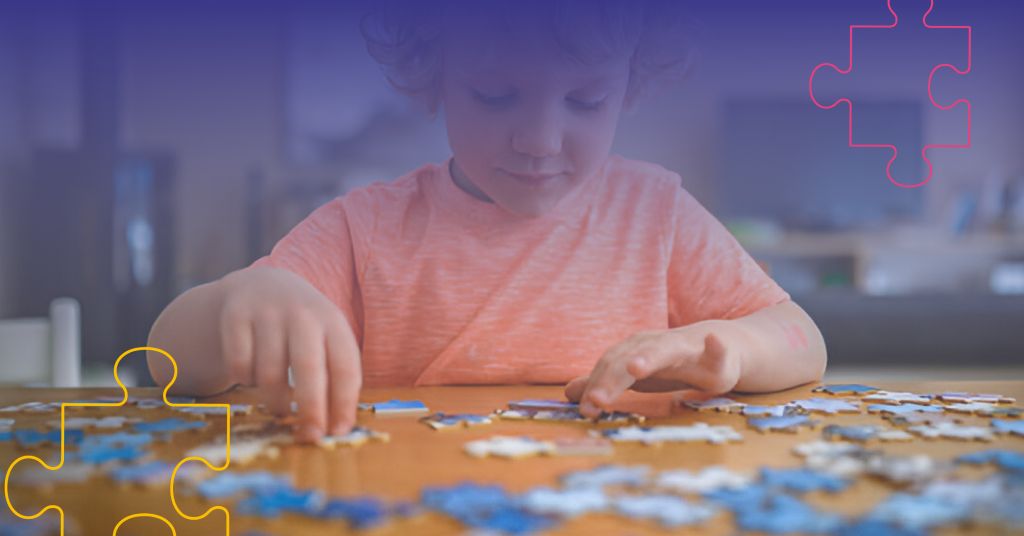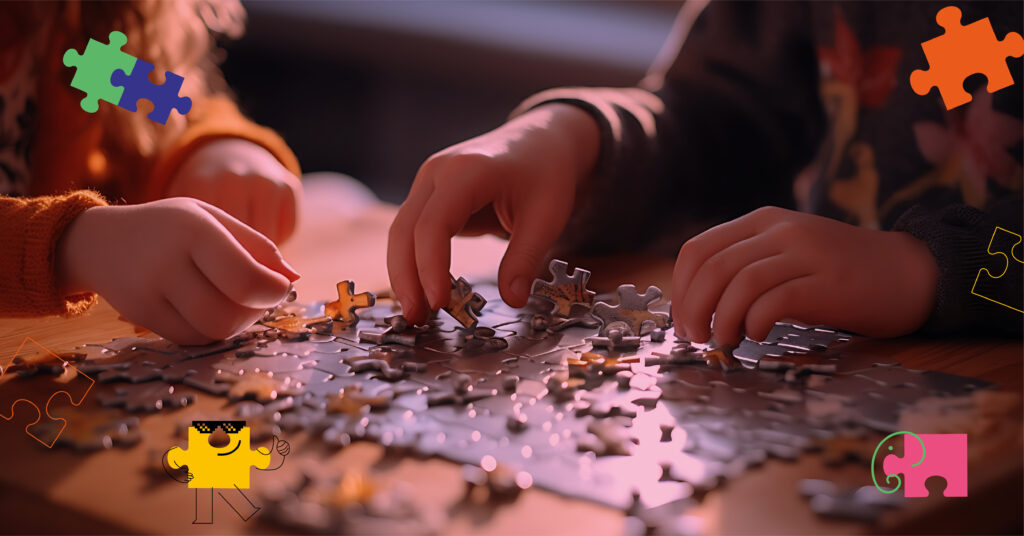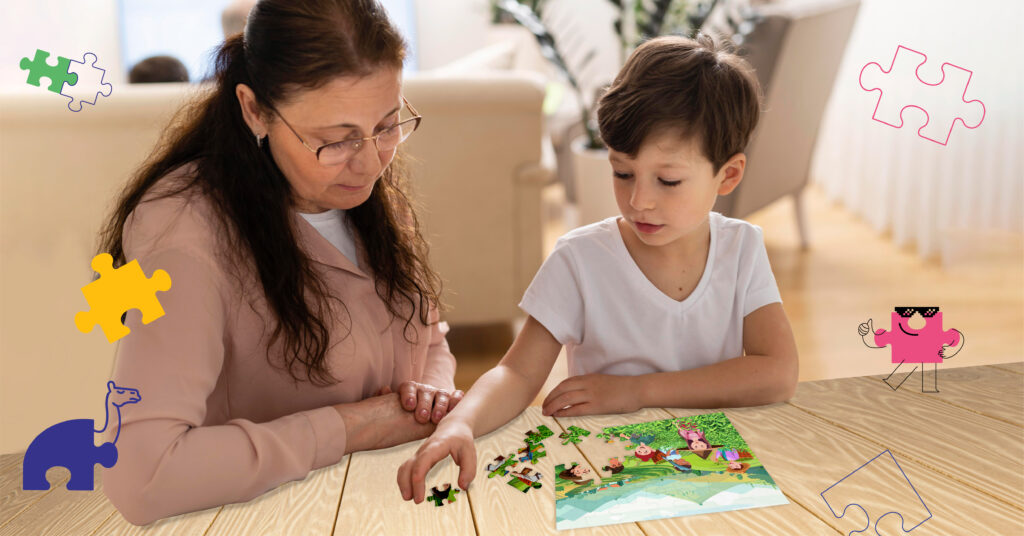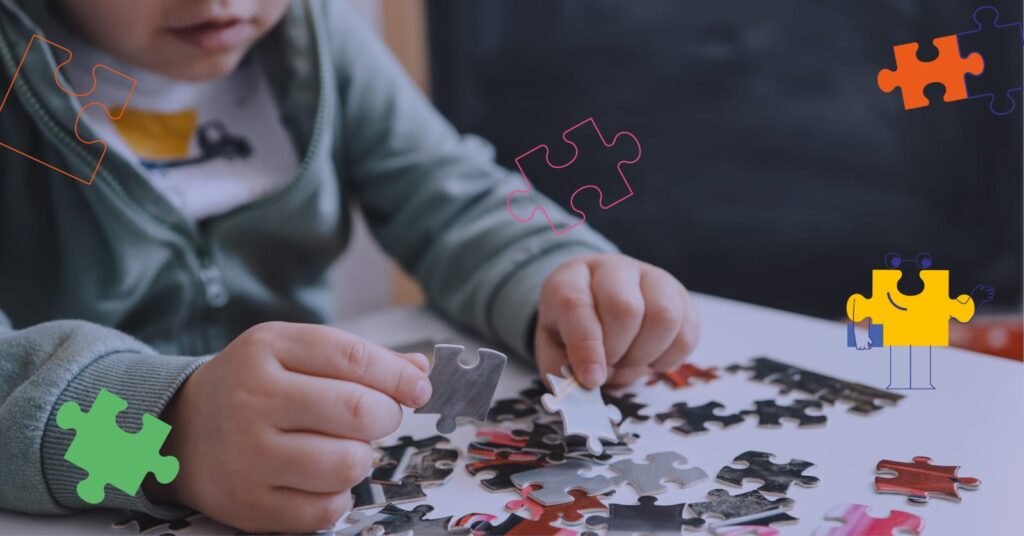In today’s fast-paced, technology-driven world, it’s more important than ever to help children develop the ability to focus and be patient. These skills are crucial not only for academic success but also for overall emotional well-being. One effective and enjoyable way to nurture these qualities is through puzzles. Whether it’s jigsaw puzzles for kids or a variety of other puzzle games, these activities offer a fun and engaging way to build focus and patience in young minds.
The Importance of Focus and Patience in Child Development
Focus, or the ability to concentrate on a task without getting distracted, is essential for learning and completing tasks efficiently. Patience, on the other hand, involves the ability to tolerate delays and frustrations without becoming upset. Both skills are foundational for success in school and in life. Developing these abilities early can set children up for a lifetime of better problem-solving and emotional resilience.
How Jigsaw Puzzles for Kids Enhance Focus
Jigsaw puzzles are a classic tool for helping kids build concentration. When working on a jigsaw puzzle, children must pay attention to the details of each piece, such as its shape, color, and pattern. They need to focus on how these pieces might fit together to complete the overall image. This process requires sustained attention, helping children learn to concentrate on a single task for an extended period.
- Cognitive Engagement: Jigsaw puzzles for kids engage multiple areas of the brain, including memory, problem-solving, and spatial reasoning. As children search for the right pieces and figure out where they belong, they are actively training their brains to stay focused on the task at hand.
- Gradual Skill Building: Jigsaw puzzles come in various levels of difficulty, allowing children to start with simpler puzzles and gradually move on to more complex ones as their concentration improves. This progression helps them develop patience and the ability to tackle more challenging tasks over time.
- Completion Satisfaction: The sense of accomplishment that comes from completing a jigsaw puzzle can also reinforce focus. Children learn that their sustained attention leads to rewarding outcomes, which encourages them to apply the same level of concentration to other areas of their lives.
Also Read: Educational Benefits of Jigsaw Puzzles
Puzzle Games for Kids and the Development of Patience
In addition to improving focus, puzzle games for kids are excellent tools for teaching patience. These games often require children to think critically and take their time to solve problems, which naturally fosters a patient approach to challenges.
- Problem-Solving with Patience: Puzzle games often present challenges that cannot be solved immediately. Children must think through their options, try different approaches, and sometimes deal with setbacks. This process teaches them that not all problems have quick solutions and that patience is necessary to work through difficulties.
- Tolerance of Frustration: When children encounter a difficult part of a puzzle, they may feel frustrated. However, the nature of puzzle games encourages them to keep trying until they find a solution. This experience helps them build resilience and the ability to tolerate frustration, which are key components of patience.
- Encouraging Perseverance: Puzzle games for kids often have multiple levels or stages, with each one becoming progressively more challenging. As children work through these stages, they learn the value of perseverance. They understand that patience and effort are needed to move forward, a lesson that can be applied to many other areas of life.
Practical Tips for Parents
To maximize the benefits of puzzles in enhancing focus and patience, consider the following tips:
- Start with Age-Appropriate Puzzles: Choose puzzles that are suitable for your child’s age and skill level. Younger children may benefit from simple puzzles with fewer pieces, while older kids can tackle more complex puzzles that require deeper concentration.
- Create a Puzzling Routine: Incorporate puzzle time into your child’s daily or weekly routine. Regular practice will help them develop and strengthen their focus and patience over time.
- Encourage Independent Play: Allow your child to work on puzzles independently, offering help only when needed. This fosters a sense of accomplishment and teaches them the value of patience and persistence.
- Celebrate Small Wins: Recognize and celebrate your child’s successes, no matter how small. Positive reinforcement will motivate them to continue developing their focus and patience through puzzling.
Puzzles, whether they are traditional jigsaw puzzles for kids or other engaging puzzle games, offer a powerful way to enhance focus and patience in children. By regularly engaging in these activities, children can develop essential skills that will serve them well throughout their lives. As they learn to concentrate on completing a puzzle and patiently work through challenges, they are building a strong foundation for success in both their academic and personal lives. Integrating puzzles into your child’s playtime is not only a fun and rewarding experience but also an investment in their future ability to handle complex tasks with focus and resilience.



